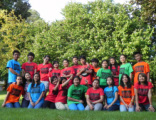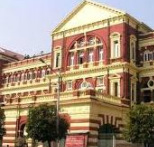The Salween Institute blends objective analysis and hands-on community empowerment programs to frame policy debate and help shape public policy in Burma/Myanmar based on social justice, environmental responsibilities and ethnic right to self-determination.





